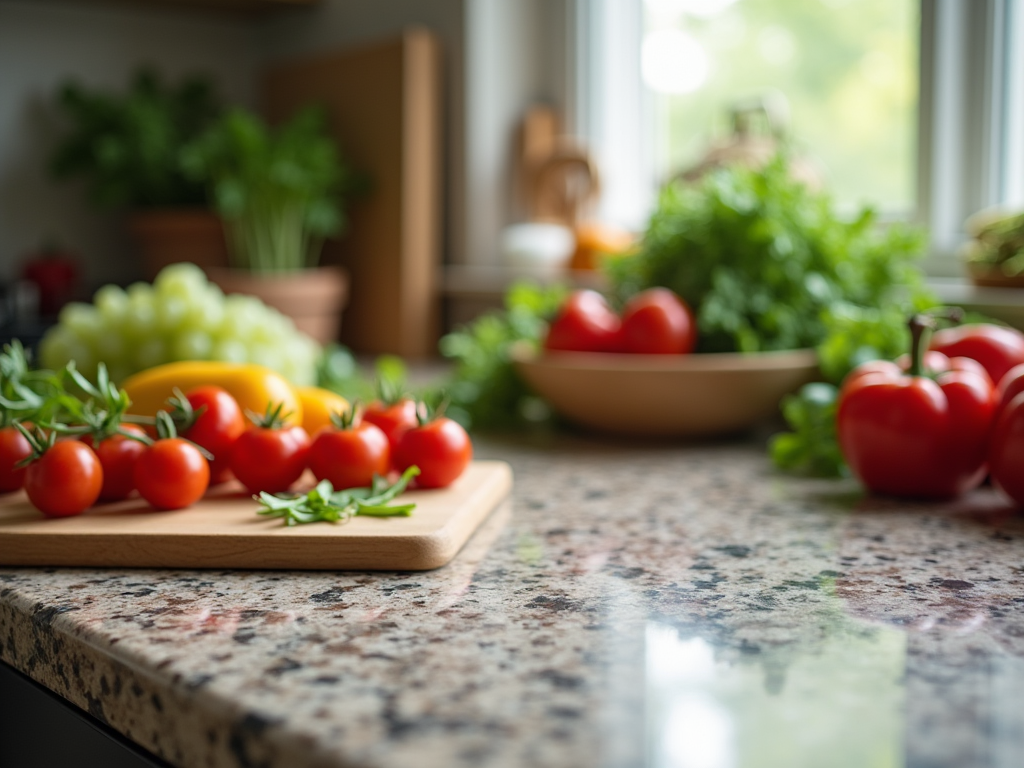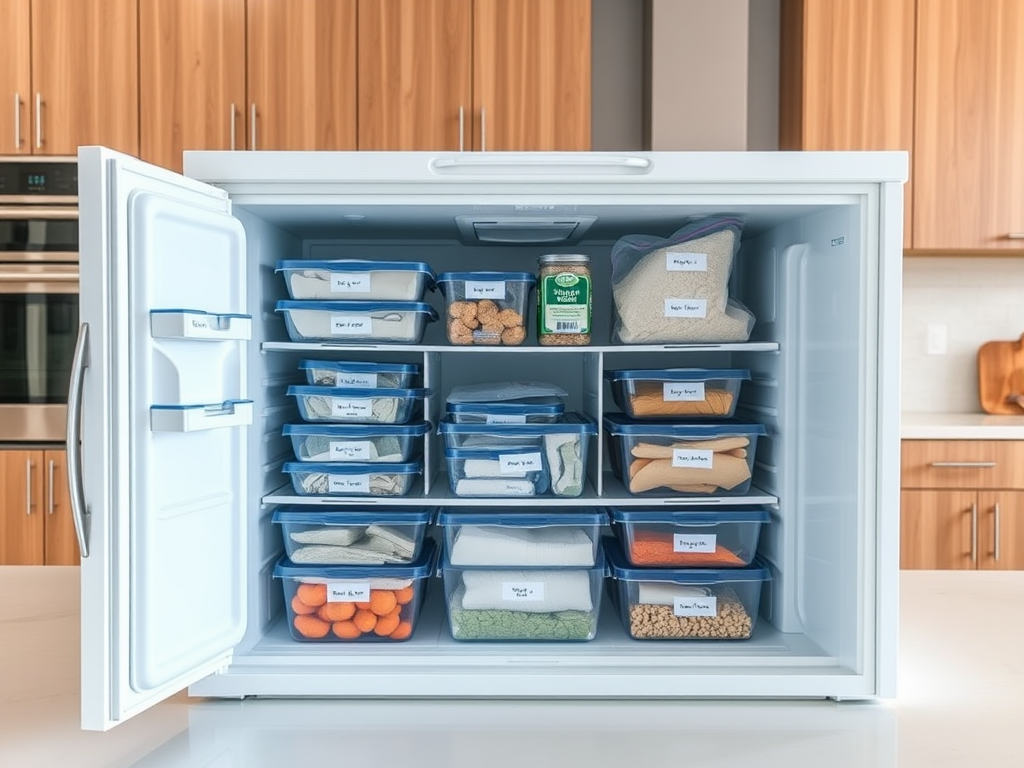Granite countertops are the quintessential blend of beauty and durability, making them the crown jewels of kitchens and bathrooms. With their natural elegance and robust nature, these surfaces can add significant value to your home. However, maintaining that beauty requires a firm understanding of the do’s and don’ts of granite care. Many homeowners might be surprised to learn that simple mistakes in cleaning or use can lead to irreversible damage. In this article, we will explore five practices you should avoid to ensure your granite countertops remain stunning for years to come. Let’s dive into the essential highlights of granite care that can help you preserve their integrity.
Understand the Nature of Granite Countertops

Granite, a natural stone formed from molten lava, is celebrated for its strength and aesthetic appeal. However, its porous nature means that it requires special attention to keep looking great. Not only are granite countertops a practical choice, but they also come in various patterns and colors, making them a versatile option for any decor. To truly appreciate these features, it’s vital to grasp what may harm the surface. Without informed maintenance, you risk dulling its beauty and compromising its longevity. Equipping yourself with the knowledge of what not to do is crucial for homeowners and aspiring chefs alike.
Avoid Using Harsh Chemicals and Cleaners

Cleaning granite countertops may seem straightforward, but not all cleaning products are suitable. Using the wrong chemicals can lead to irreversible damage, making it critical to choose appropriate cleaning solutions. Avoiding certain chemicals can protect the granite from etching, discoloration, and dullness. A good rule of thumb is to lean towards pH-balanced cleaners designed specifically for stone surfaces. The following list highlights common chemicals to avoid:
- Acids: Vinegar, lemon juice, and other acidic cleaners can erode the surface of granite.
- Bleach: This can lead to discoloration and dullness.
- Abrasive Cleaners: These can scratch the surface, increasing susceptibility to stains.
By sticking to safer options, you can ensure that your countertops maintain their shine and integrity. Regular cleaning with the right products will not only enhance their appearance but also extend their lifespan.
Don’t Use Granite Countertops as a Cutting Board
Despite granite’s toughness, treating it like a cutting board can have detrimental effects. While it seems convenient to chop ingredients directly on its surface, doing so can cause long-term damage. Regularly cutting on granite can dull your knives and create micro-scratches that harbor bacteria. Instead of placing your food directly on granite, it is advisable to use wooden or plastic cutting boards. This simple change can help maintain both your culinary tools and the surface of your countertops.
| Action | Result |
|---|---|
| Cutting on Granite | Dulls Knives and Harbors Bacteria |
| Using Harsh Chemicals | Dull and Damaged Surface |
| Placing Hot Pots | Cracks and Discoloration |
Never Place Hot Items Directly on Granite
It can be easy to forget that while granite is a tough material, it is not invincible. Placing hot pots or pans directly onto your countertops might seem harmless. However, extreme temperature changes can cause thermal shock, leading to cracks or discoloration. For the longevity of your granite, always use trivets or heat pads to protect the surface. After all, it’s better to take preventative measures than to deal with costly repairs later on. This practice not only keeps your countertops safe but showcases a level of care that can enhance your cooking space.
Don’t Neglect Regular Sealing
Sealing your granite countertops is a critical maintenance step that should not be overlooked. Because granite is porous, it can absorb liquids and stains if not appropriately sealed. Depending on the density of your granite, it’s recommended to seal it every six to twelve months. Neglecting this crucial step can justify a host of future issues, from discoloration to staining. To determine if a seal is necessary, look for these signs:
- Water Absorption: If water is soaking into your granite instead of beading up, it’s time to seal.
- Discoloration: Noticeable stains that refuse to come out can indicate a lack of sealant.
- Iron or Rust Marks: These can appear when porous granite absorbs metals and other contaminants.
Regularly inspecting and sealing your granite will maintain its beauty and ensure its longevity. This simple maintenance task will yield long-term benefits and protect your investment.
Conclusion
Granite countertops are a worthy investment that can enhance your home’s aesthetic and functionality. However, protecting that investment is paramount, which means avoiding certain practices that can lead to damage. From steering clear of harsh cleaning products to using proper tools for food preparation, these tips are fundamental to preserving your countertops. Regularly sealing your granite and being mindful of temperature changes will further ensure that they remain in top condition. By implementing these avoidance strategies, you can enjoy the timeless beauty of your granite for years to come.
Frequently Asked Questions
- How often should I clean my granite countertops?
Clean daily with warm water and a mild soap. For deep cleaning, use a pH-balanced cleaner every few weeks. - Can I use bleach on granite?
No, bleach can damage the surface and dull the finish of your granite countertops. - What should I do if I notice scratches on my granite?
For minor scratches, consider using a granite polish or consult a professional for deeper scratches. - Is it necessary to seal granite?
Yes, sealing helps protect against stains and maintains the appearance and longevity of the granite. - What type of cutting board should I use?
Choose a wooden or plastic cutting board to avoid damage to your knives and countertop.



